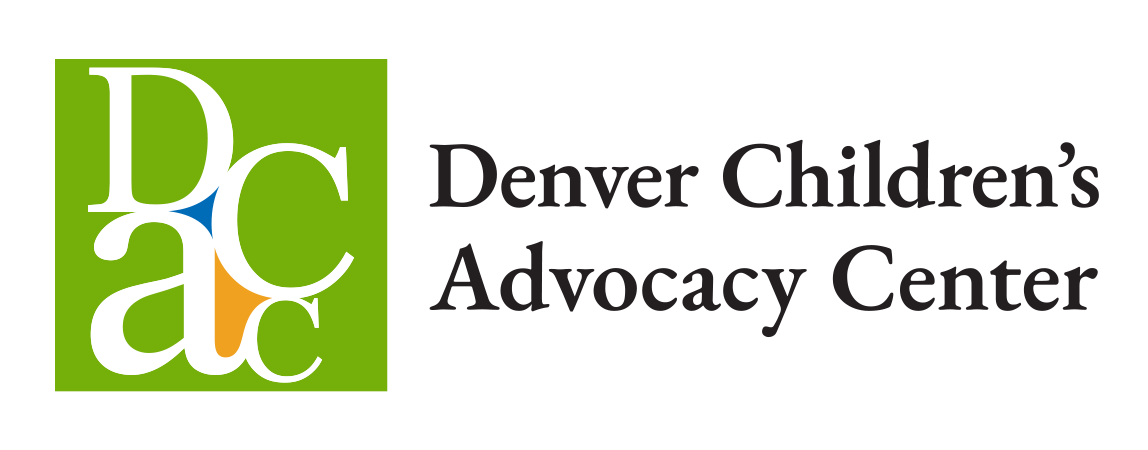Resources
Our staff are qualified to provide trainings in a range of topics, many of which are listed below. DCAC offers great flexibility – including sessions in Spanish – to meet the needs of organizations throughout the state.
Each year, Denver authorities receive several thousand reports of abuse and neglect. Following investigation, well over a thousand of those reports are substantiated.
Child Abuse Affects Everyone
Sexual abuse and domestic violence know no social or economic boundaries. It happens in wealthy families and in poor families. The difference is that low-income families cannot afford the treatment their children need to recover from trauma.
Treatment and intervention is expensive to provide, yet it is even more expensive to ignore the trauma. DCAC never charges families for services. Without treatment, abused and traumatized children:
- Suffer from severe anger and depression
- Have difficulty forming healthy relationships
- Are at increased risk for dropping out of school
- Can become addicted to drugs and alcohol
- Often turn to crime: 70% of young people in juvenile court have a history of abuse or neglect
- Frequently become violent and abusive themselves: being abused as a child increases the likelihood of arrest as an adult for a violent crime by 30%.
Child Abuse Resources
Keep Children Safe
- Eight Safety Rules for Kids
- Keep Your Child Safe Online
- Child Sexual Development – What’s OK and What’s Not 0-6
- Child Sexual Development – What’s OK and What’s Not 5-9
Immediately Support Victims
- Recognizing and Responding to the Signs of Abuse
- What to Do When You Witness Abuse
- What is Child Trauma?
- Crisis Response and Victim Advocacy at DCAC
- Helping Children Feel Safe After a Horrific Event
Help Families Recover

